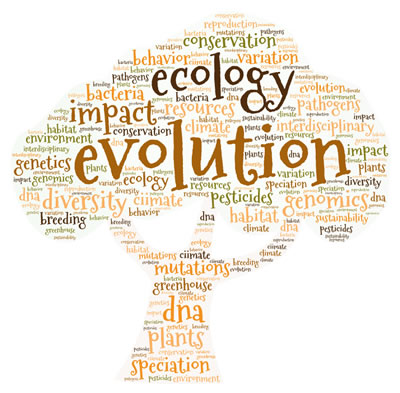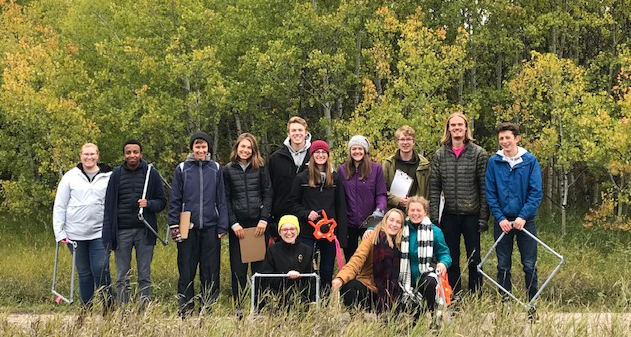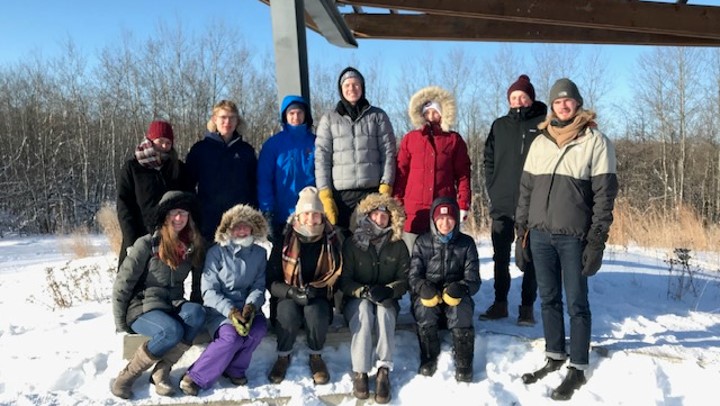
- Teacher: Dagem Chernet
- Teacher: Nicolas Malagon
- Teacher: Naomi Van Benthem
- Teacher: Wendy Fergusson
- Teacher: Jason Taylor
Alternative version of BIOL 1320 W20 Moodle page.
- Teacher: Rachel Krause
This course is a study of the evolutionary process and survey of current biological diversity, with emphasis on the eukaryotes. An overarching theme in the course is the connection between form and function in living things, in the context of their interactions with their biotic and physical environments. Pre-requisite: BIOL 1010 or 1310.
- Teacher: Rachel Krause
Microbiology, as the name implies, is the study of the smallest living things. The scope of microbiology typically includes single-celled organisms such as bacteria, yeasts, and protists, but it also includes viruses, which straddle the line between the living and non-living worlds. Without microbes, life as we know it could not exist. However, our encounters with these remarkable creatures do sometimes make us sick. This course provides an introduction to microbiology with a primary focus on human health and illness. Over the course of the term, we will learn about different types of microbes, how they function, how they interact with us, and the ways in which we try to control those interactions.
- Professor: Bill Diehl-Jones
This course is an introduction to the study of ecological systems: interactions of plants and animals with their environment, dynamics of plant and animal populations, structure of ecological communities and functioning of ecosystems, and ecological processes that structure biological communities in space and time. Pre-requisite: BIOL 1010 or 1320.

- Teacher: Rachel Krause
This course is a continuation of Ecology I, and will build on concepts introduced in Ecology I regarding the forces that regulate and shape populations and communities, as well as applied aspects of ecology, including harvesting, resource management, and ecological goods and services. Emphasis will be on using the primary scientific literature to understand concepts. Prerequisites: BIOL 2510.

- Teacher: Rachel Krause